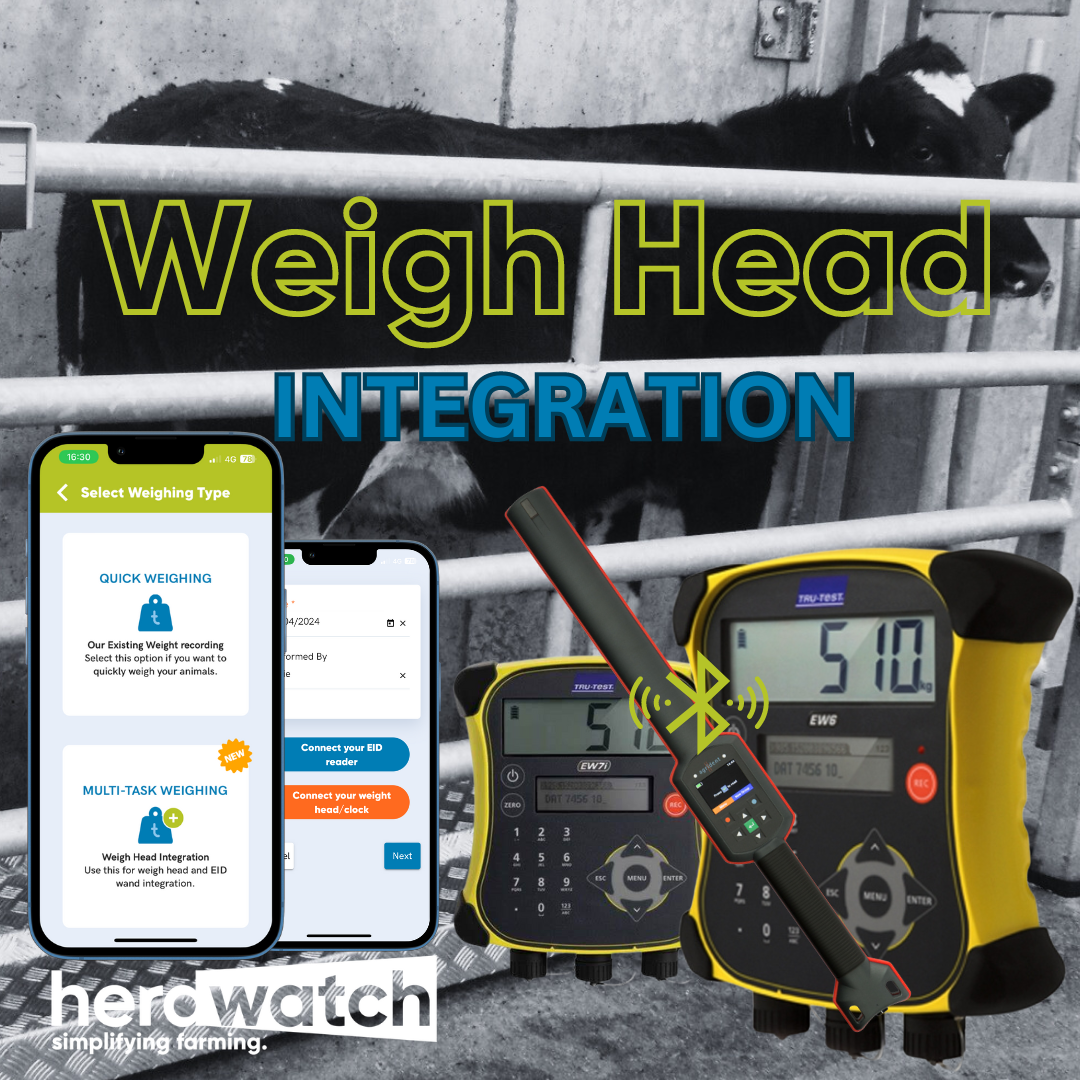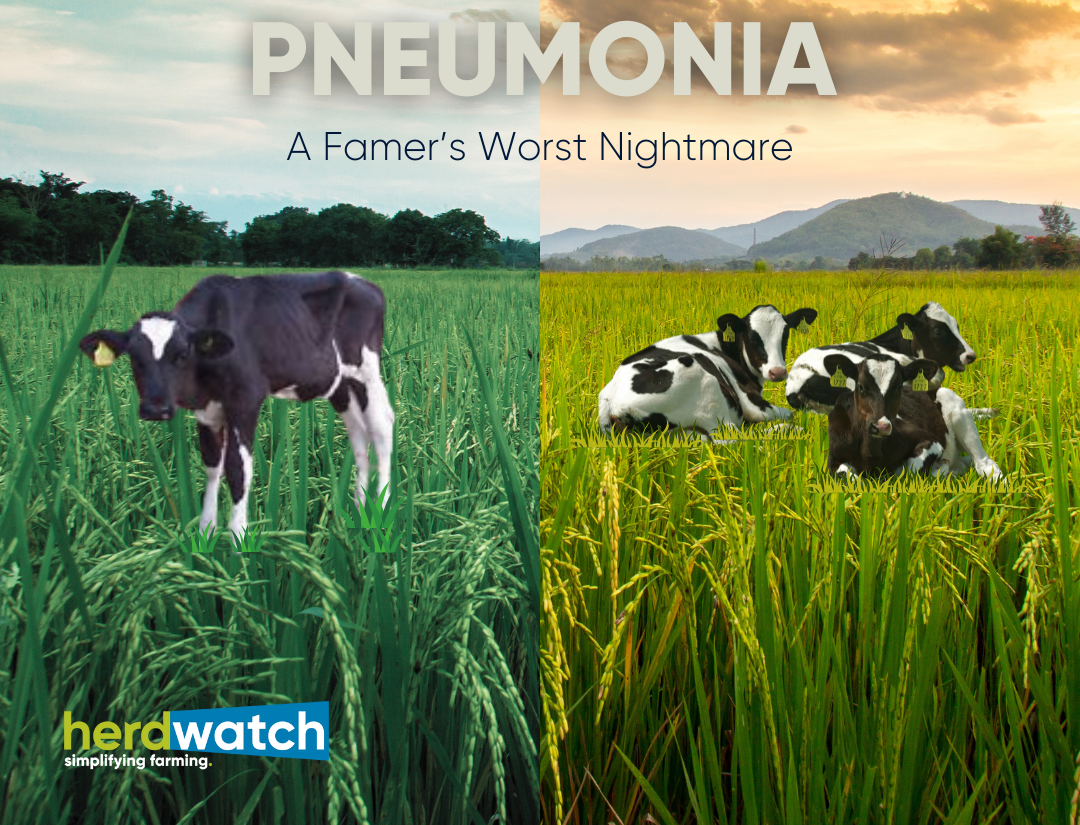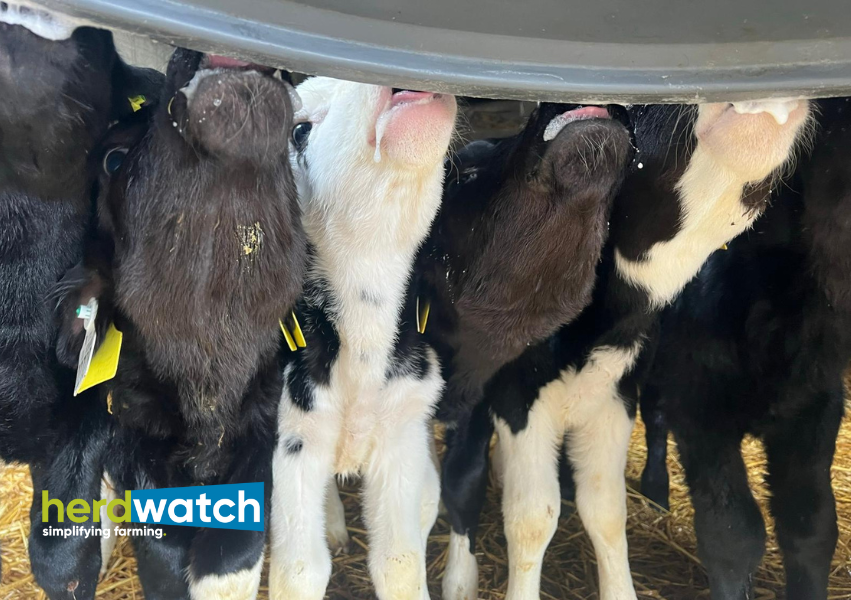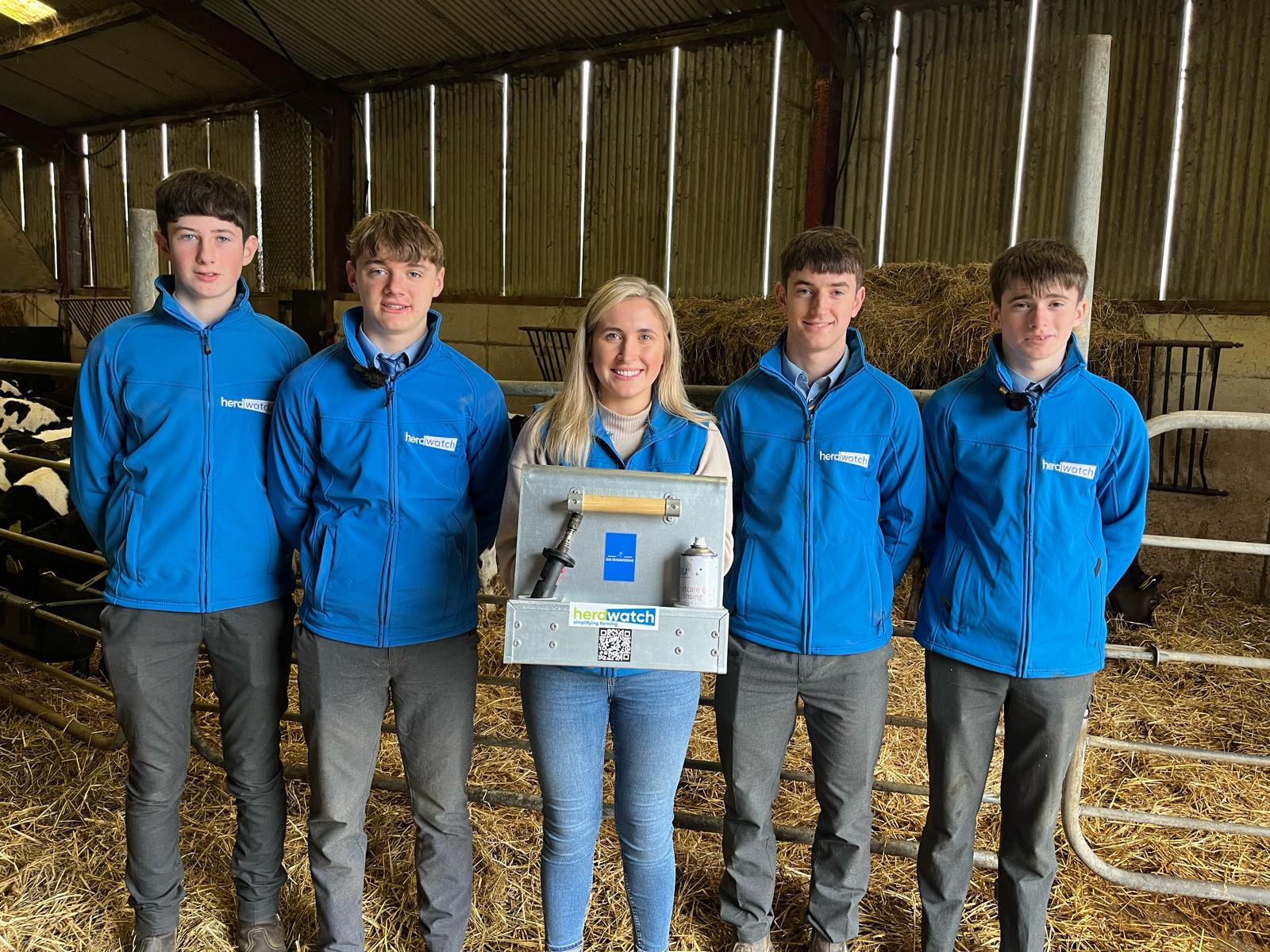FARM SMART: Expert Guide to Calf Immunity
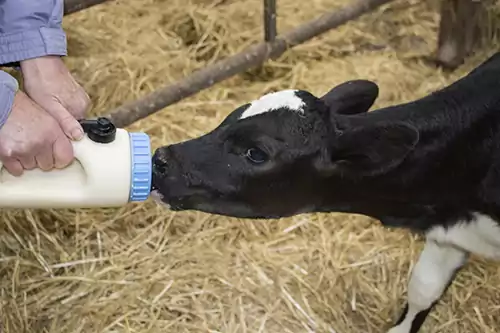
As a new addition to Herdwatch’s Farm Smart series, we are partnering with leaders from the agriculture industry to provide expert advice to Herdwatch members, with timely and relevant articles that will help you manage your herd more efficiently & effectively.
In the first of this series, Kevin O’Sullivan from Glasslyn Veterinary Clinic, part of the XL Vets Network provides a guide to ensuring optimal calf immunity:
Kevin begins with “colostrum is key to the success or failure of calf rearing as all calves are born with an undeveloped immune system. The colostral antibodies that the calf absorbs in the immediate hours following birth are therefore vital to prevent disease.
The success of AHI Calf-care campaign has ensured that most farmers are well aware of the 3-2-1 message on colostrum management but to remind ourselves:

will give the calf the best chance of absorbing the antibodies required for it to survive while the calf’s own immune system develops. Excellent management is critical for the 3-2-1 protocol to work and this habit should be engrained within your calving operation.
Colostrum quality can vary greatly and this can depend on many management and genetic factors. Here are a couple of tips to help you maximise the efficient delivery of colostrum:
- Strengthen – vaccinated cows will produce colostrum higher in antibodies against E Coli, Rotavirus, and Coronavirus.
- Pre-calving leaks – cows that are leaking milk prior to calving may lose colostrum which can be diluted or replaced by milk. You should save this colostrum pre-calving and store it by refrigerating for 24 hours or freezing (thaw gradually in warm water) until the calf is born.
- Hygiene – “dirty” colostrum spoils quickly due to bacterial replication and exposes the calf to potentially dangerous bacteria. This can be prevented by cleaning the cow’s teats prior to milking and using clean gloves, buckets, stomach tubes and bottles when feeding.
- Diet – cows on low dry matter digestibility fodder or low protein silage are at risk of producing lower quality colostrum. These cows will need concentrate supplementation for two to three weeks before calving to improve the quality of their colostrum.
- Dairy cows – tend to produce more dilute colostrum and quickly switch from producing colostrum pre-calving to milk immediately after calving. In these instances, calves may need a larger volume in its first meal to receive enough antibodies to protect it.
- Quality – all colostrum of suspect quality should be checked to ensure there is at least 50g per litre of antibodies before feeding or freezing.
Feeding within the first two hours of life ensures maximum absorption of the antibodies across the calf’s digestive tract. The calf’s ability to absorb antibodies reduces for every hour older the calf gets.
Lastly, it is worth bearing in mind that colostrum contains more than just antibodies – it is rich in protein and high quality easily digested fats, supplying the newborn calf with the energy to keep itself warm. It also supplies hormones and vitamins that stimulate growth and immunity in calves.”
We hope that you found this article useful so please stay tuned, we’ll have another article next week which will focus on calf disease prevention and treatment. You can find more articles from our Farm Smart series on the Herdwatch blog – https://blog.herdwatch.com/
Our thanks to Kevin O’Sullivan from XL Vets for preparing this guide.
Kevin O’Sullivan is a partner in Glasslyn Veterinary Clinic, a mainly dairy practice based in Cork, Ireland which is part of the XL Vets network. XL Vets is a network of independently owned, progressive veterinary practices across Ireland & the UK, committed to the future of the livestock industry.

